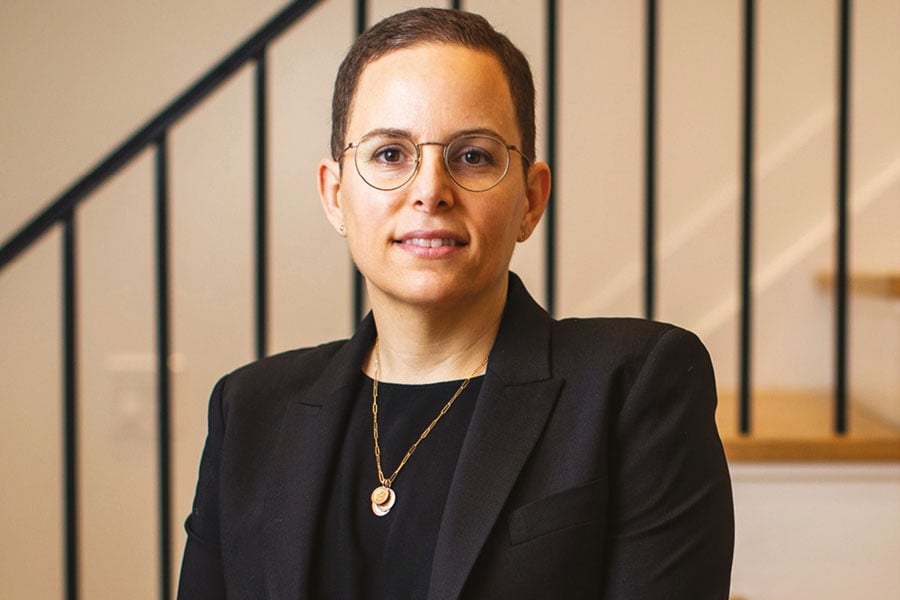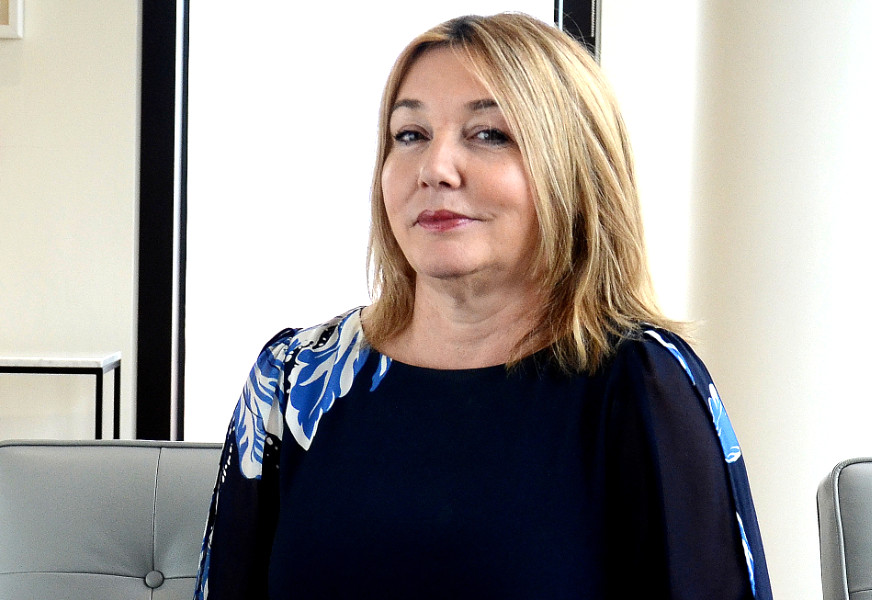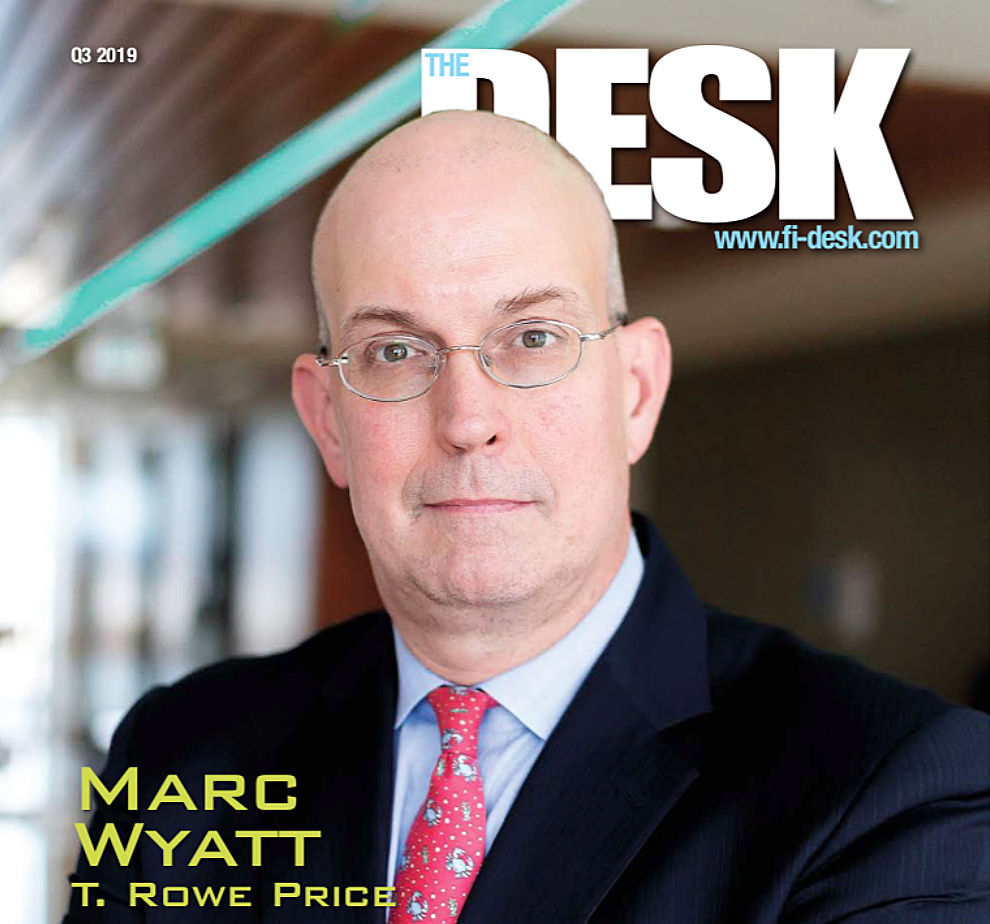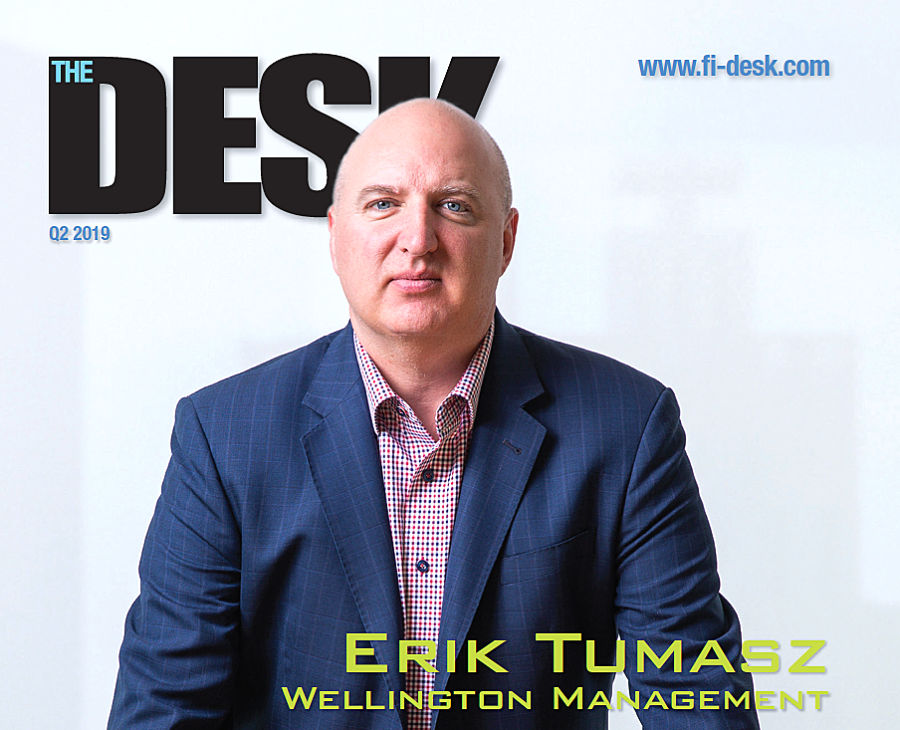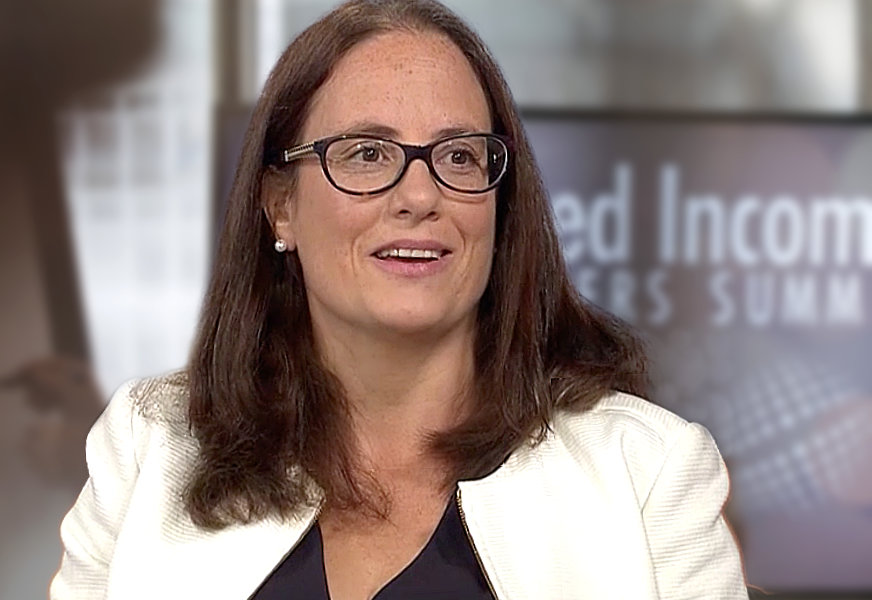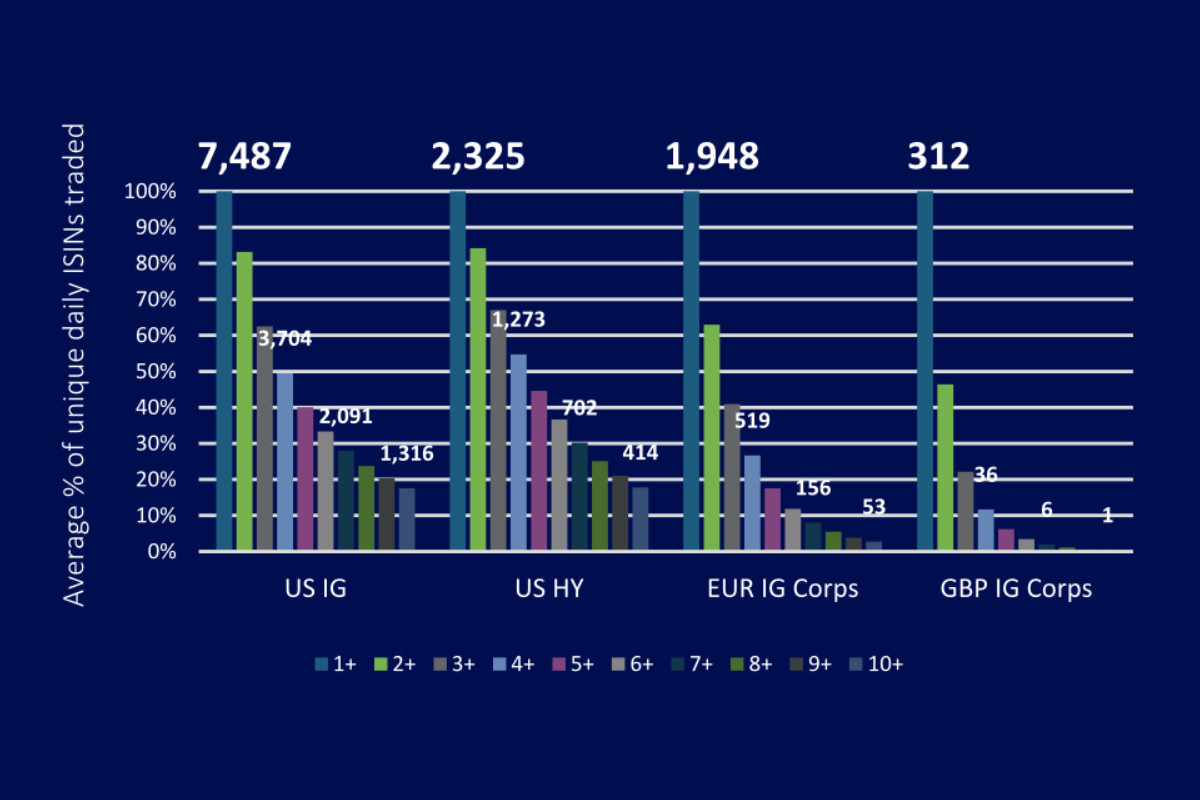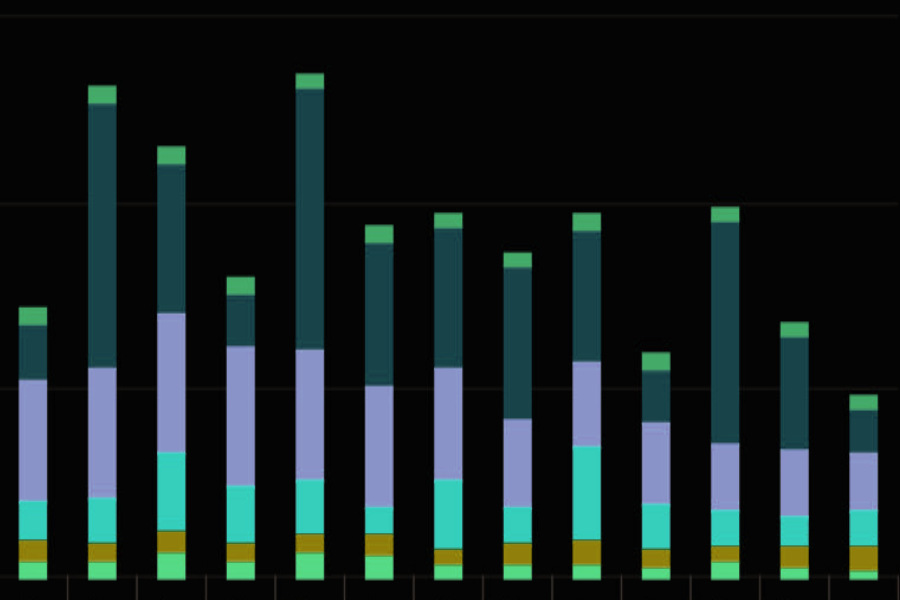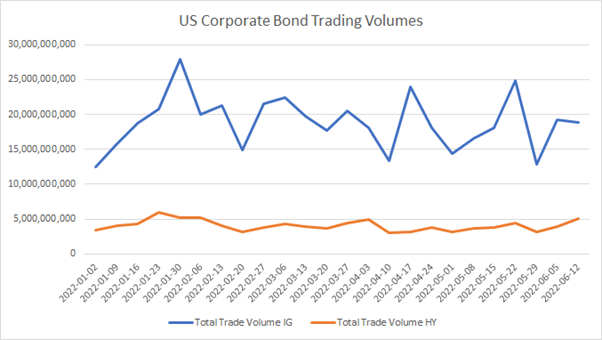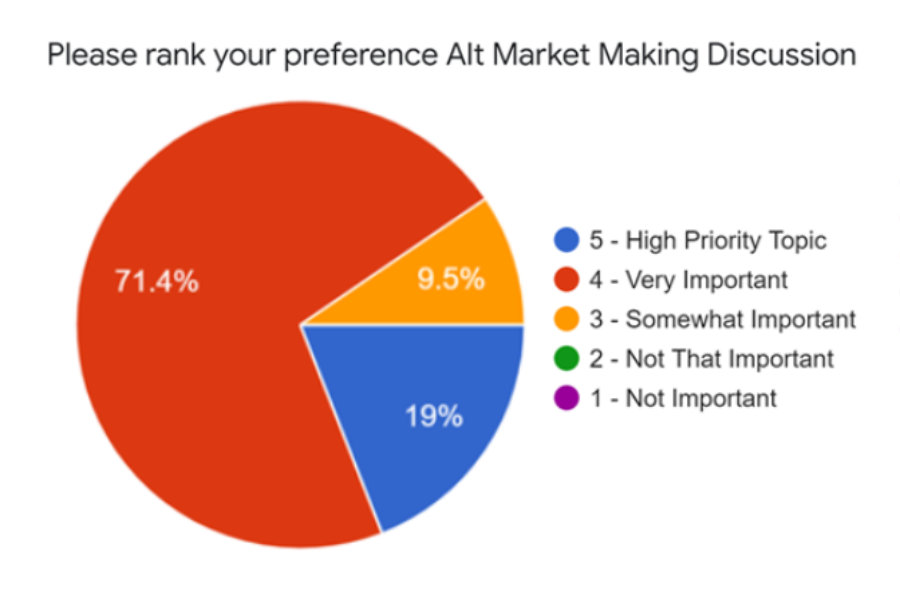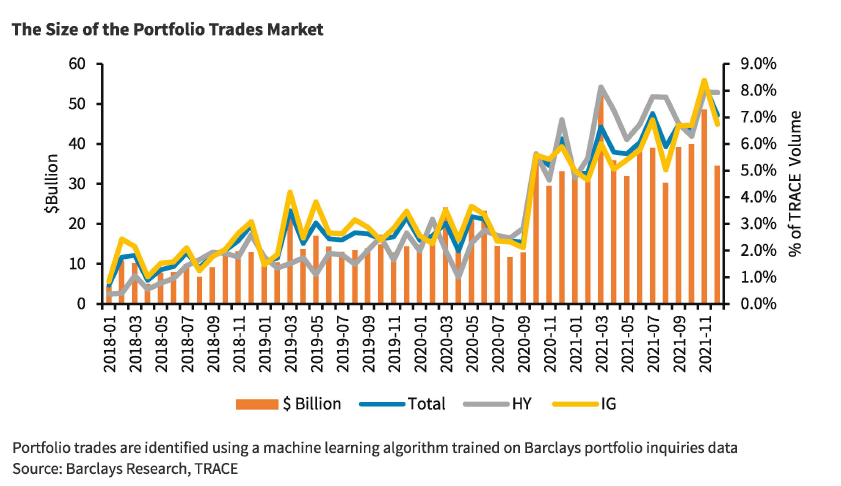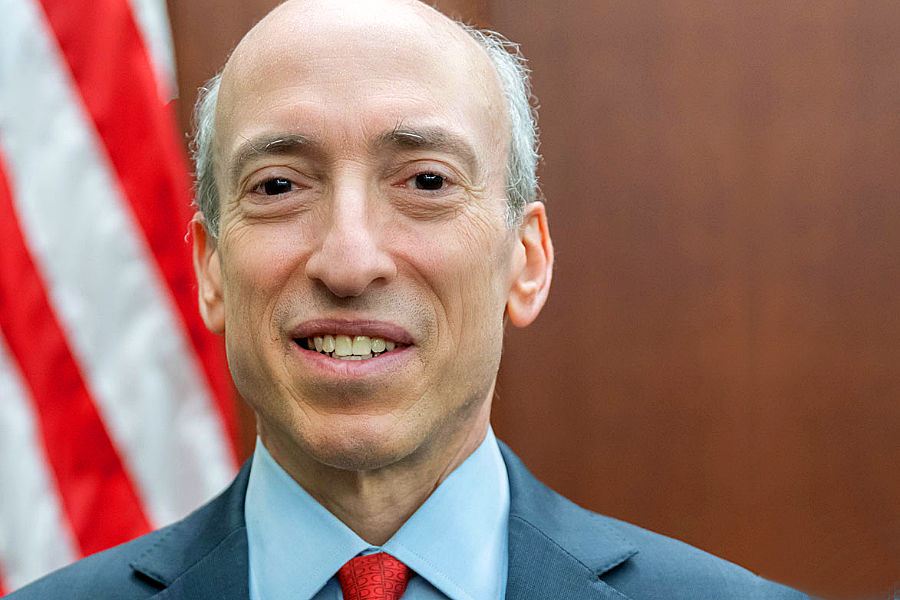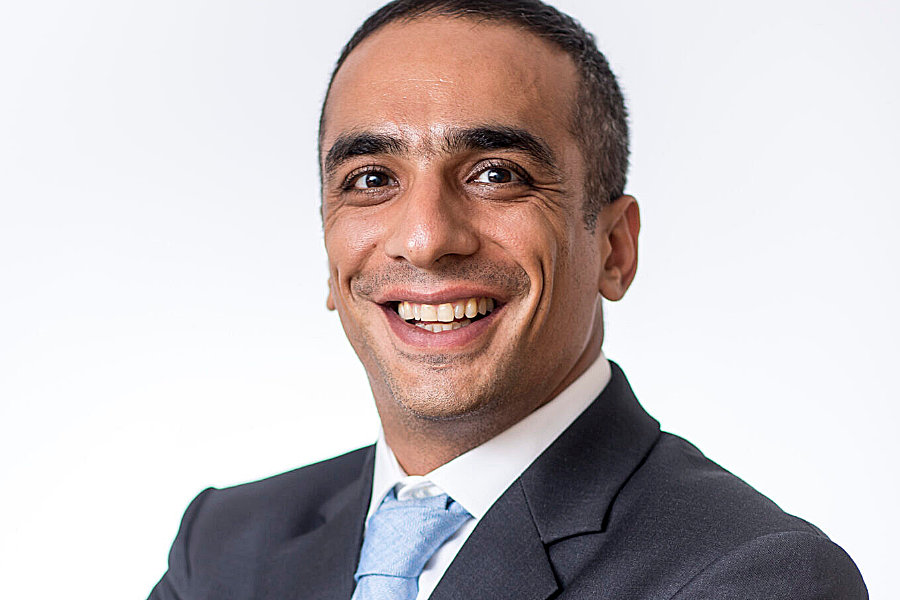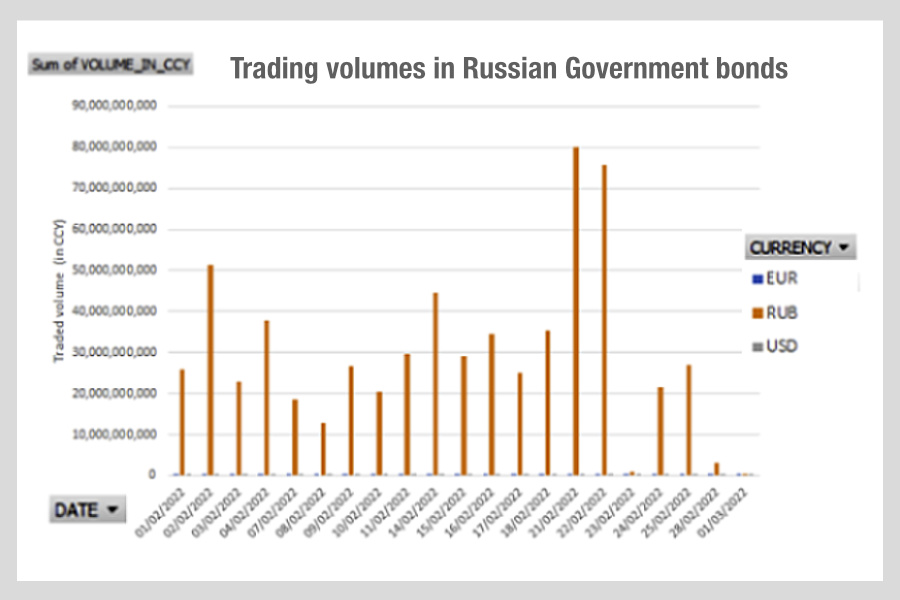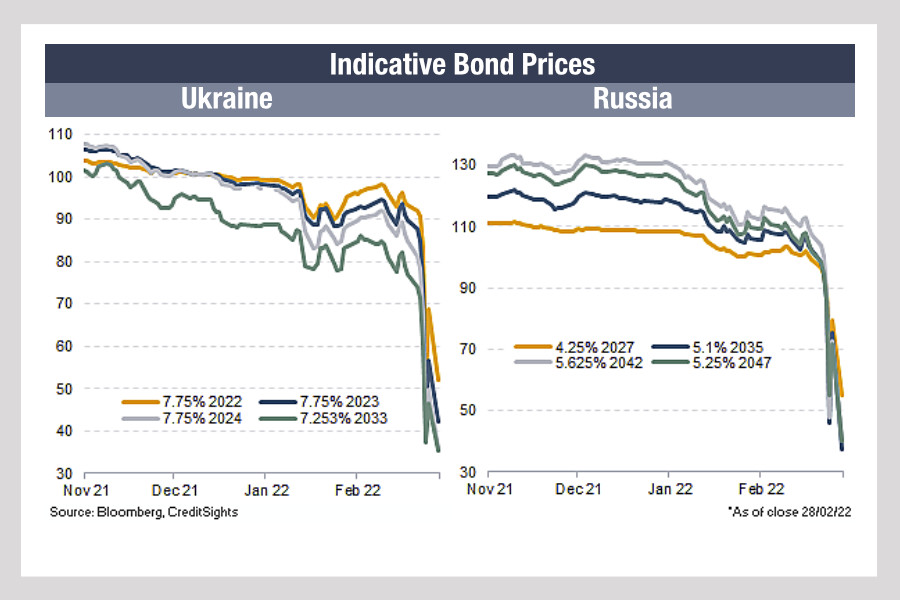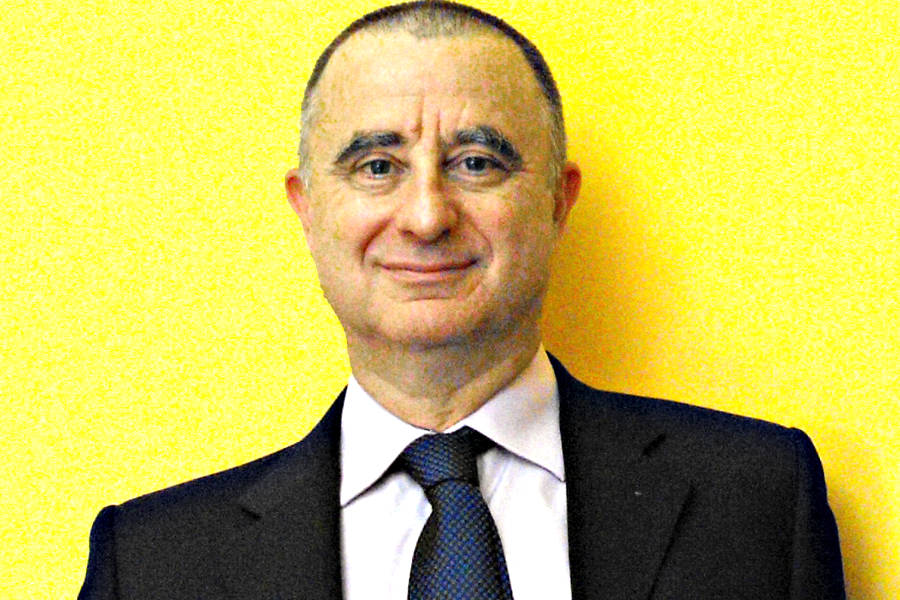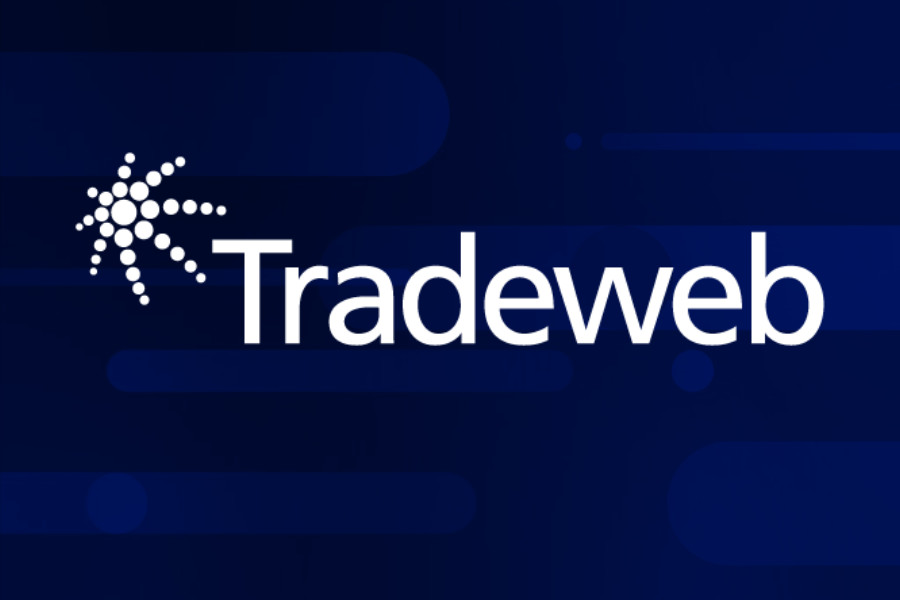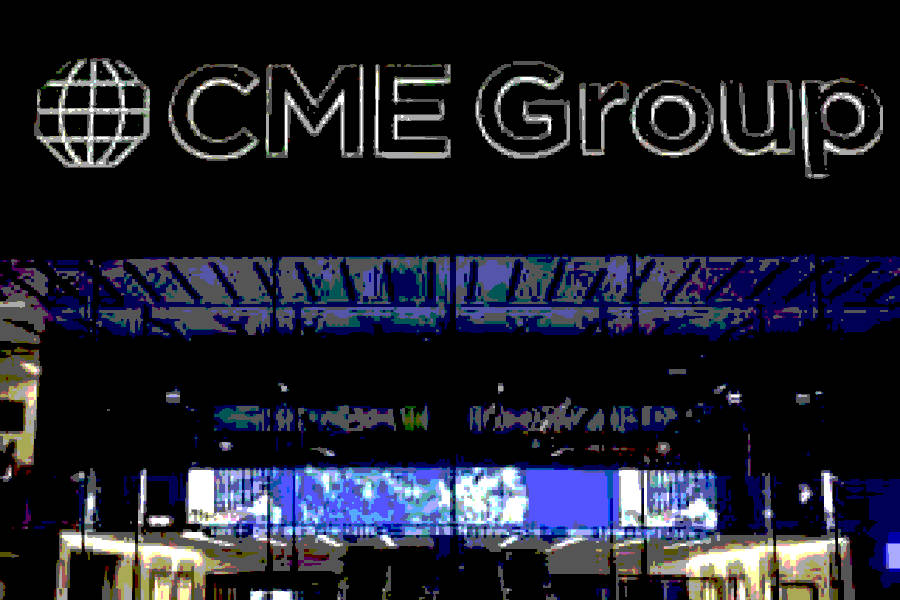By Flora McFarlane and Dan Barnes.
A primary market offering is expected to be launched by a consortium of Citi, Goldman Sachs, and Wells Fargo in early 2018, as a potential rival to Ipreo which has found success in driving the efficiency of issuance and syndication. Both seek to drive the electronification of primary market activity in an effort to reduce error and inefficiency.
Activity on Ipreo’s Investor Access platform has grown considerably a year after launch; more than 1,500 deals have been submitted or published, and the number of banks participating has doubled.
Investor Access aims to bring together the vast amounts of information on pricing and allocation of deals, final terms and new-issue announcements in the fixed income space.
Working in conjunction with the rest of Ipreo’s fixed income suite, the platform provides updates on market activity, bringing the buy- and sell-side workflows together on one system.
The platform has seen 1,000 deals published on the sell-side this year, which in recent weeks represents almost 90% of euro and sterling bond market issuance, giving users a significant overview of market activity.
Adrian Biesty, global head of trading at Lombard Odier, said: “Having a central point to view primary market deal terms and status is helpful. Being able to efficiently submit subscription orders while creating a consolidated transaction record is a positive development for the industry.”
The number of banks participating at the platform now stands at 29, up from 11 at its inception. Commerzbank and NatWest Markets recently joined the platform, having evolved their offerings to accept orders from investors this year.
500 Investor Access orders were submitted on the buy-side in November, which represents more than US$13 billion of orders. More than 100 entities are now able to place orders on the platform, and the technology firm says that more are set to join.
The launch of a rival platform may draw market share away from Ipreo, which is owned by private equity firm Blackstone, and Goldman Sachs Merchant Banking. While there is still substantial new business to be moved onto electronic platforms, some buy-side traders have voiced concern that multiple offering will reduce efficiency gains.
"There are certainly economies of scale in anchoring that business in one central location,” says Larry Tabb, founder and research chairman at Tabb Group. “Certainly if the banks / brokers own that consortium they can initially drive the cost out to gain traction and ten drive the cost up to go and sell it - that is the typical model. Whether that playbook has been wound down because of any anti-competitive issues it is hard to tell."
Citi and Goldman Sachs did not respond to requests for comment.
©TheDESK 2017

